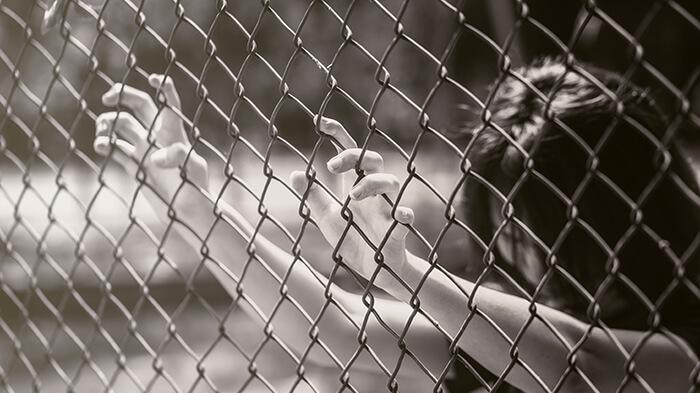So let’s say you’re a bad guy who’s done some regrettable stuff. Should that admittedly dubious reality preclude you from a spiritual life and access to guides who might be able to facilitate same?
It’s a question that slipped into the spotlight recently when Canada’s federal prison system did an about-face on a decision to retain the services of certain “minority-faith” chaplains for their inmates. Declaring that he’s “not convinced” that taxpayer money is well spent employing sanctioned advisers to serve prisoners whose spiritual leanings drift somewhere beyond the norm, Canada’s public safety minister Vic Toews is retreating for review.
That’s why a tender Corrections Canada recently issued for “a priest or priestess who will deliver spiritual services for inmates who practise witchcraft” (to guide those BC prisons who follow the pagan religion in meditation and lead them in prayerful chants) for 17 hours a month was abruptly rescinded, and why no new tenders will be issued in the near term. The institution pleaded for more time to evaluate precisely how to deploy those spiritual services it offers prisoners.
On the table? Inmates’ rights to spiritual advisers as set out in not only the Charter of Rights and Freedoms, but in the correctional service’s own internal 200-page “Manual on Religious and Spiritual Accommodation” which pledges to “make reasonable accommodations of the religious and spiritual needs of inmates, including providing access to chaplaincy services, facilities for the expression of their religion or spirituality, and any special dietary requirements.”
The manual details how the various traditions of different religions might be honoured in prison. Muslims, for instance, are allowed to keep a copy of the Qu’ran with them at all times and have access to a prayer mat, and Wiccan inmates (at least those lodging at Ontario’s Warkworth Institution) are actually allowed to light candles in their cells.
Currently, Corrections Canada contracts some 170 chaplains in its prison system. They attend to adherents of a range of faiths, including Buddhists, Jews, Muslims, Sikhs, Roman Catholics and Wiccans. The number of hours they put into their posts range (from 16 hours a month for Wiccan chaplains to about 57 hours for Muslim and Sikh chaplains), as does their rate of pay (from $25,000 to $250,000).
The spiritual care of inmates is a prickly subject given its cost to the system and the longstanding argument over how much dough less criminally negligent Canadians should be ponying up to attend to the souls of convicted felons. On the other side of the equation, of course, find the very vocal proponents of spirituality in prisons. Correctional ministry, say these folks, has a calming effect in this environment and has been shown to reduce recidivism.
Last year, Canada’s incarcerated delinquents divvied themselves up thus: 36% Catholic, 18% Protestant, 5% Muslim, 4% native spiritual, 2% Buddhist, 1% Jewish and 1% Sikh. Some 7%, meanwhile, identified themselves as belonging to “other” religious groups, 6% answered “unknown” and 20% claimed they were “non-religious.”
“Religious freedom is a paramount value in Canadian society,” Toews’ office declared, soon after cancelling the call for more chaplains. “However, the government is not convinced all services offered through the chaplaincy program reflect an appropriate use of taxpayer dollars.”

